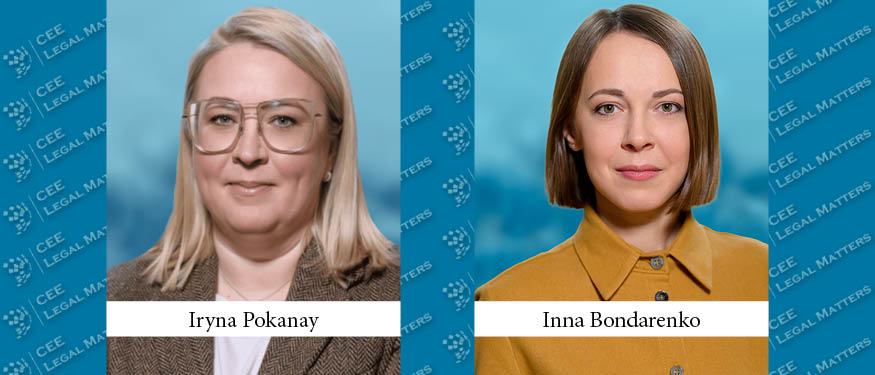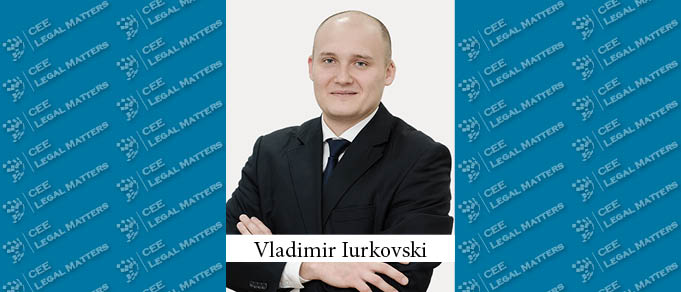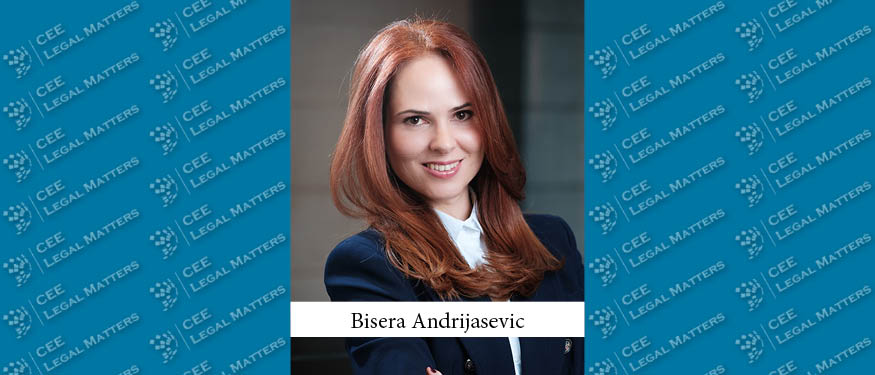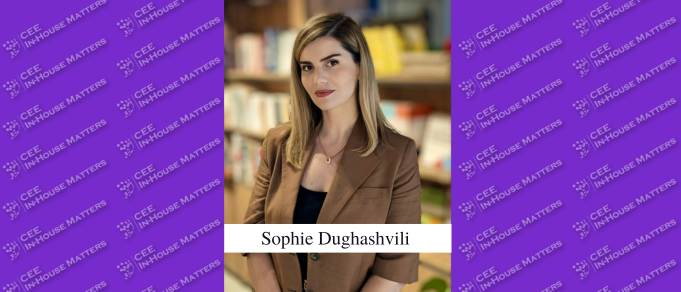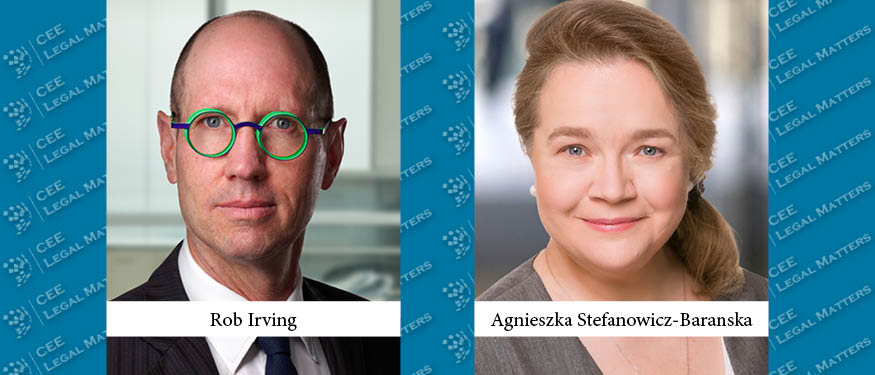As of 1 August 2025, the newly adopted Regulation on Additional Requirements for the Placement on the Market of Products Containing Palm Oil, Palm Fat, or Other Vegetable Oils and Fats (the “Regulation”) will come into effect in Serbia, marking a significant development in the regulatory framework at the intersection of food law and consumer protection.
Open Banking to Launch in Ukraine on 1 August 2025
The National Bank of Ukraine (the "NBU") has given the green light to open banking in Ukraine by adopting the relevant Regulation on Open Banking in Ukraine by Resolution of the NBU Board No. 80 on 25 July 2025 (the "Regulation"). Thus, the NBU has taken the final steps towards implementing the provisions of EU Directive 2015/2366 (PSD2) on payment services and Chapter 4 "Procedure for gaining access to user accounts by payment service providers (open banking)" of Section IV of the Law of Ukraine "On Payment Services".
Bulgaria’s FDI Screening Regime Now in Effect
Following the adoption of the general framework of the FDI screening in March 2024, the regime was originally expected to become operational in Bulgaria no later than September 2024. This timeline was contingent on the adoption of the necessary secondary legislation, including the amended Rules on the Application of the Investment Promotion Act (the “FDI Screening Act”) as well as the Rules on the Organization and Functioning of the Interdepartmental Council on FDI Screening.
European Industry in Energy Transition: Support, Rules, and New Opportunities for Business
European industry is going through a period of fundamental change. Rising (not only) energy costs, the pressure of global competition and, above all, new public expectations and the requirements of EU environmental regulation. All of these factors are putting pressure on the current EU industrial environment, which is looking for new ways to optimise production processes, reduce costs and meet regulatory obligations.
Denmark’s Proposed Copyright Law Amendments to Deal with Deepfake Misuse — Where Is Serbia?
Europe has already begun regulating deepfakes. The EU’s AI Act emphasises transparency, risk management and conformity assessments for high-risk AI, but does not create new individual rights against deepfake misuse. It requires providers of systems that generate or manipulate deepfake media to embed machine-readable markings (e.g. watermarks or metadata) flagging content as AI-created, and obliges deployers (platforms or publishers) to “clearly and distinguishably” label any deepfake outputs as AI-generated.
FDI 2.0: When a Capital Increase, Real Estate Deal or Loan Triggers a Filing in Romania – A Look at Romania’s 2025 FDI Guidelines
As a follow-up to the piece I previously published on CEELM – FDI Is 4.52x Cooler Than Merger Control – Romania’s latest guidelines on investments’ screening brings important clarifications to an already far-reaching regime.
It's Official: Romania Has Secondary FDI Legislation
The end of July brings much-anticipated news, as the FDI Guidelines were published on 30 July and have now entered into force. We previously examined the draft Guidelines proposed by the authority back in February (see here) and are now analysing the changes introduced by lawmakers in the final version that are particularly relevant for practitioners.
Albania Adopts Amendments to the Law on Foreigners
This summer, the Albanian National Assembly adopted a significant package of amendments to the Law on Foreigners, signalling a clear shift toward aligning national migration rules with key EU directives. While the legal changes are substantial, their purpose is broader: to simplify how Albania governs entry, residence, and work rights for foreign nationals, especially those from the European Union. The reform reflects both Albania’s political will to approximate the EU acquis and a growing recognition that the country must adapt to new demographic, labour, and mobility dynamics. While the amendments cover a wide range of areas, we highlight below the provisions most likely to impact foreign nationals and their interactions with Albanian institutions.
The New Personal Bankruptcy Act: Analysis and Consequences
The adoption of The Personal Bankruptcy Act ( the“Act“), published in the State Gazette, issue 54 of July 4, 2025, marks a significant milestone in the development of Bulgarian law. This legislative act fills a long-standing gap in the national legal framework, as Bulgaria was until recently the only European Union member state without comprehensive personal insolvency legislation. This lack has led to serious social and economic difficulties for citizens burdened with unmanageable debts, who often find themselves in a permanent state of inability to repay them.
MOHU in Danger: New EU Regulation on Operating Bottle Deposit Return System
According to Regulation 2025/40 of the European Parliament and the Council on packaging and packaging waste, starting from 1 January 2029, only non-profit organizations will be allowed to operate mandatory deposit return systems (DRS) for beverage packaging. Currently, in Hungary, this system is fully operated by MOHU MOL Hulladékgazdálkodási Zrt. (MOHU).
Provisional Measures in Serbian Arbitration – Part One: The Role of National Courts and Arbitral Tribunals in Granting Interim Relief
Properly defined, provisional measures are awards or orders issued for the purpose of protecting one or both parties from the potential damage during the court process. Most often, provisional measures are intended to preserve a factual or legal situation in order to safeguard a right, the recognition of which is sought from the court having jurisdiction over the substance of the case. Additionally, provisional measures can extend beyond merely preserving the factual or legal status quo to require restoring a previous state of affairs or taking new actions.
Administrative Court Confirms: No Direct Applicability of EU Nature Restoration Regulation in Permitting Procedures
The Federal Administrative Court (BVwG) has, for the first time, addressed the question of whether the EU Nature Restoration Regulation (NRR) applies in permitting procedures (BVwG 9 May 2025, W270 2279107-1).
Bridging Economies: Legal Insights on Türkiye-Bulgaria Cross Border Investments
According to the Bulgarian–Turkish Chamber of Commerce and Industry (BULTİŞAD), as of August 2023, Turkish investments in Bulgaria have reached approximately €2.5 billion, generating over 15,000 jobs through more than 70 production facilities and 2,500 active companies[1].
Important Changes in Civil Litigation – Part II – Penalties and Public Success
This article is part of a series presenting selected amendments introduced by Act XLIX of 2025 on the amendment of laws concerning the judiciary (hereinafter the "Act"), which significantly affect civil litigation in several respects.
Using GIs: How Much Flavour Is Enough?
Many products on the market today are protected by geographical indications (GIs). GIs serve as a mark of quality, assuring consumers of the unique characteristics, taste, and origin of a product. This is especially important for food and beverages, where specific taste profiles often drive consumer loyalty. For example, Parmigiano Reggiano is celebrated for its complex, layered flavour with nutty notes – qualities that keep consumers coming back.
Amendment to the Consumer Credit Act
EU Member States are required to transpose the European Consumer Credit Directive (CCD 2), effective since October 2023, into national legislation by November 2025, with the new regulations expected to come into force on 20 November 2026. The CCD 2 aims to harmonise the fragmented regulations across Member States, eliminate legal uncertainty surrounding new credit products and strengthen consumer protection.
FDI News from Moldova: New Secondary Legislation
On 11 July 2025, Governmental Decision 437/2025 ("GD 437/2025") was published and entered into force. Through this piece of secondary legislation, the Moldovan Government has approved new rules governing the procedure for the prior examination and approval of investments of importance to state security. GD 437/2025 is intended to supplement the provisions of the recently updated FDI Law. But will this actually make things easier for existing and future investors?
Competition in Serbia – Calm Before the Storm?
Serbia’s competition landscape has been relatively quiet on the surface for the last year and a half. However, the pressure is mounting, and major developments may be around the corner. Enforcement has slowed down, but the Commission for Protection of Competition (Commission) seems to be preparing the ground for a new wave of enforcement activity across key sectors.


